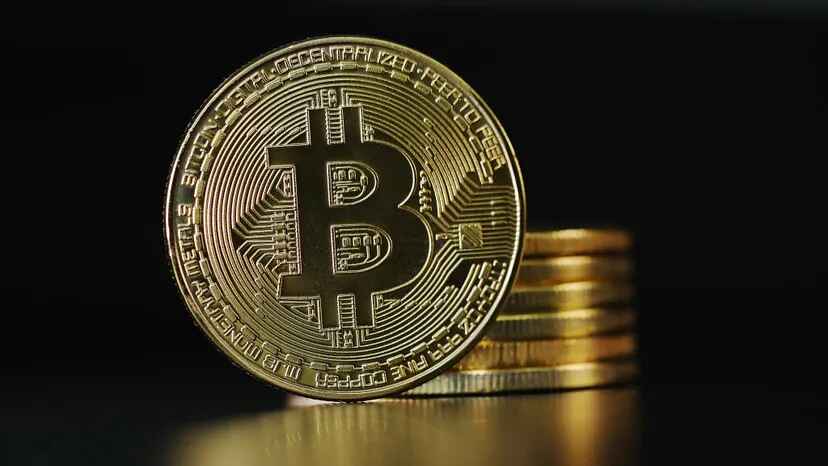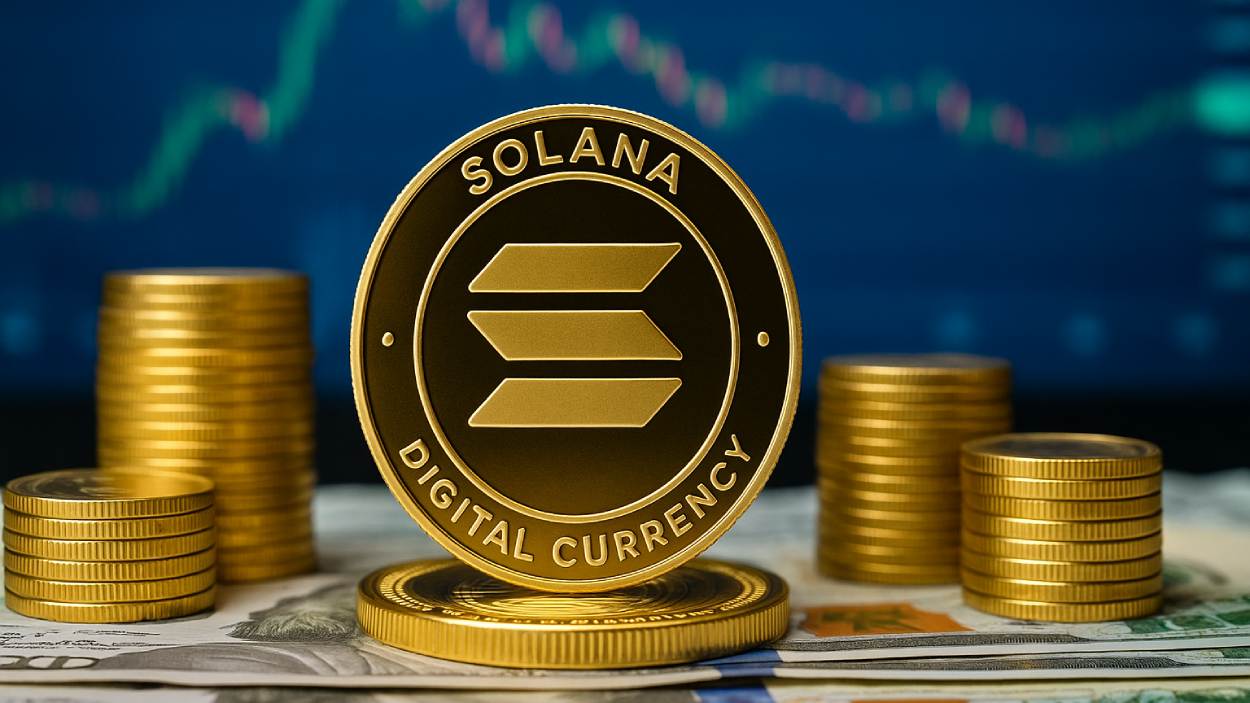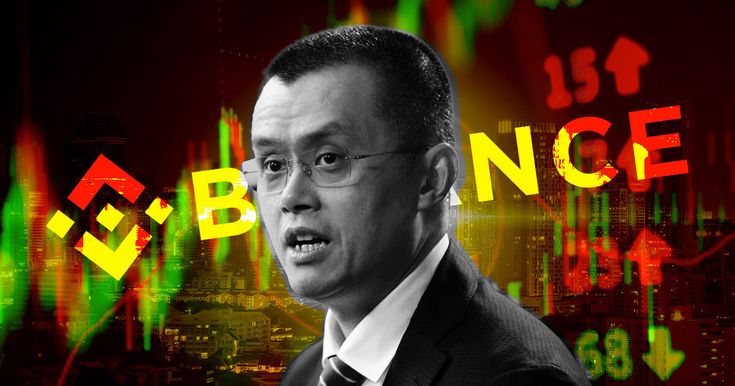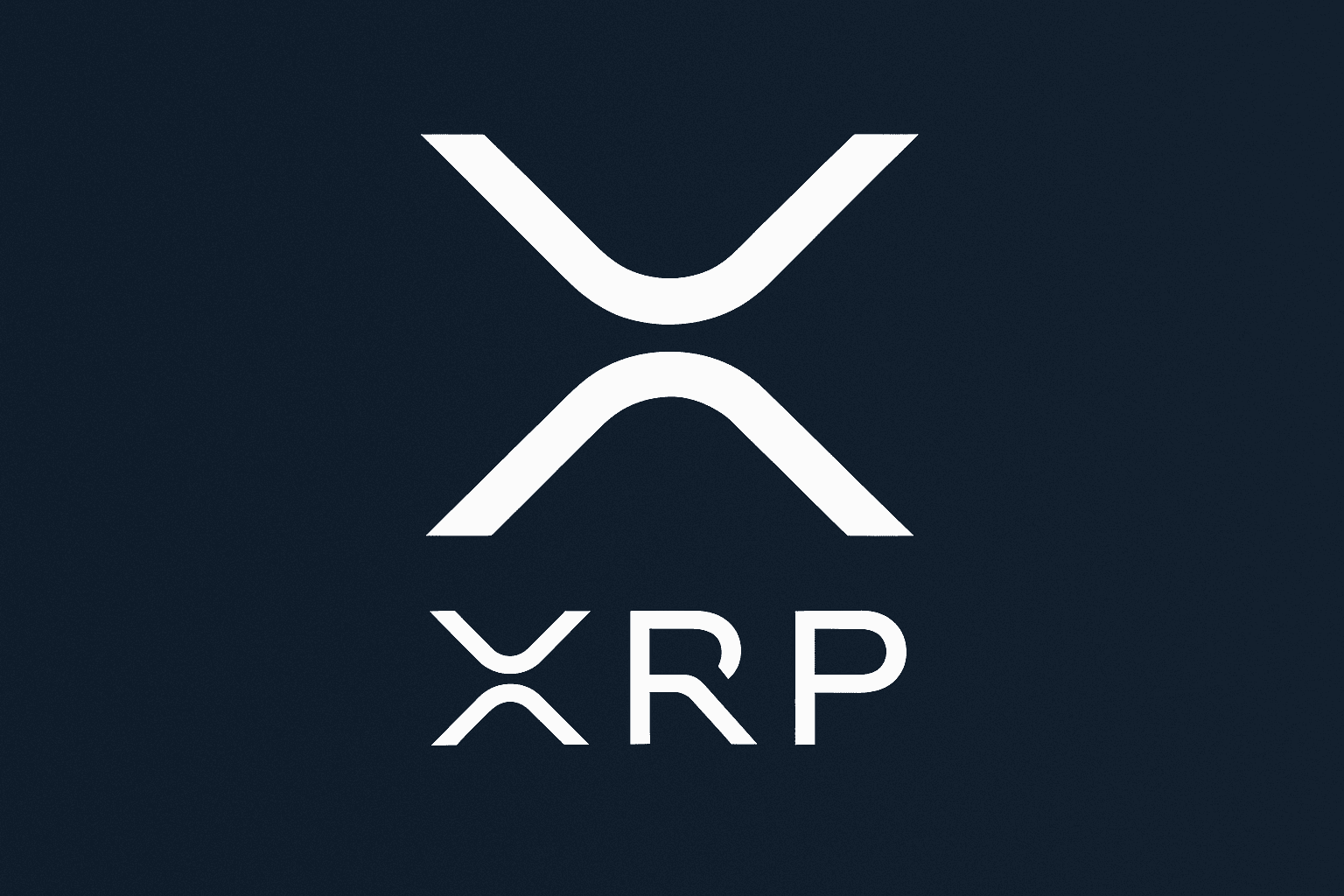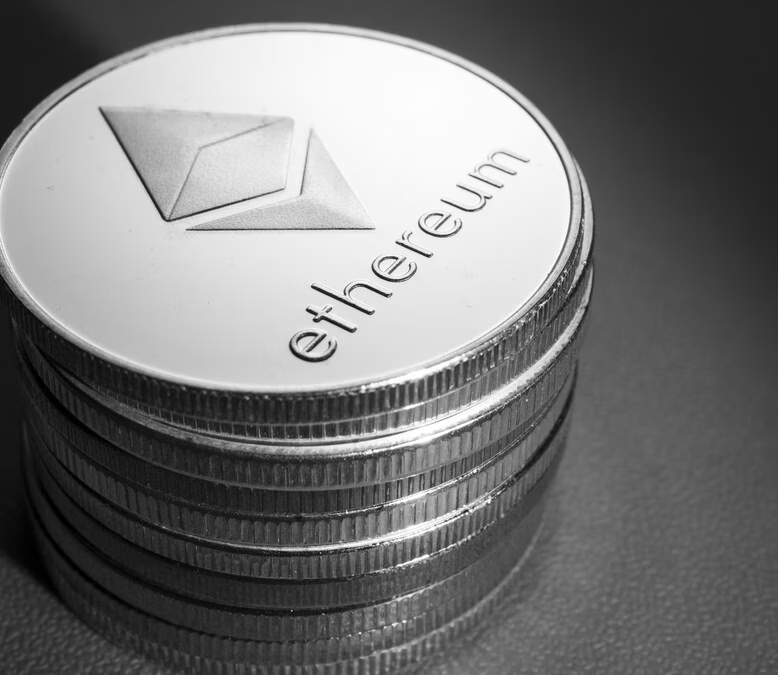Shiba Inu received a major regulatory move in Japan after being added to the country’s “Green List,” a designation reserved for crypto assets that have met established vetting requirements across licensed exchanges.
The approval arrives as Japan considers a major revision to how profits from digital assets are taxed. Financial regulators are preparing a proposal that would move approved cryptocurrencies, including SHIB, from the current progressive tax system to a flat 20% capital gains rate. If adopted, the reform would take effect in April 2026 and substantially change the reporting framework for many traders.
$SHIB has officially joined Japan’s “Green List,” standing beside $BTC and $ETH.
A proposed tax drop from 55% → 20% could make this a huge catalyst.
Read about it below 👇🏼 https://t.co/0PUBE5TIvJ
— Shib (@Shibtoken) November 17, 2025
Green List Confirmation Strengthens Shiba Inu Regulatory Standing
The Japan Virtual and Crypto Assets Exchange Association (JVCEA) confirmed Shiba Inu inclusion on November 12, 2025. The association states that eight registered exchanges list the token, exceeding the minimum requirement of three platforms for Green List eligibility. With this update, SHIB joins 29 other assets that have passed JVCEA’s review process and now hold pre-approved status for domestic trading.
Tax Proposal Would Mark a Major Policy Adjustment
Meanwhile, the Financial Services Agency (FSA) is preparing to shift crypto taxation away from the current system, which treats trading gains as unrelated income. Under this structure, individuals in the highest tax band can pay up to 55% on digital-asset profits.
Coverage by Asahi Shimbun, citing FSA sources, reports that the agency plans to move approved crypto assets to a flat 20% capital-gains classification, aligning them with how many global markets handle digital-asset taxation.
The potential impact is clear in a simple comparison. A trader earning 5 million yen (about $33,000) in SHIB-related gains currently owes roughly 2.75 million yen (about $18,150) under the miscellaneous-income model. Under the proposed capital gains structure, that amount would decrease to around 1 million yen (approximately $6,600), representing a 35-percentage-point reduction.
Government Review Expected in Early 2026
Finance Minister Katsunobu Kato has stated that regulators are finalizing the details of the proposal ahead of submission. Prime Minister Shigeru Ishiba has also noted that digital-asset policy remains part of Japan’s broader economic strategy.
